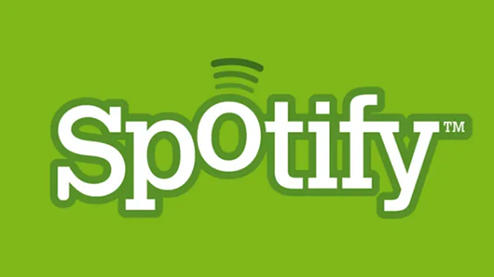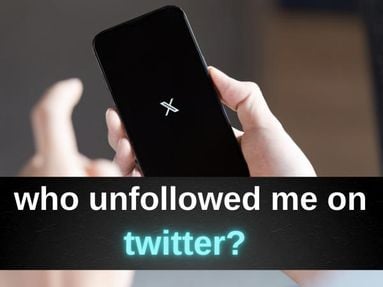For many internet users, it's hard to imagine a world before Spotify - and even more challenging to envision the music industry without the music streaming giant.
Today we're taking a look at the history of Spotify, its founding, evolution, and transformation into the internet's most popular music streaming service.
When Was Spotify Founded?

Spotify was founded in 2006 in Stockholm, Sweden by Daniel Ek and Martin Lorentzon as an attempt to build an all-in-one free service that allowed users to legally listen to copyrighted music, share music files, and engage with other users.
When the previous music giant Napster was shut down in 2001 over copyright issues, Spotify filled the gap with its "freemium" model, allowing users to access copyrighted audio content but not download it. Thanks to intermittent ad breaks between tracks, Spotify was able to avoid the legal entanglements that caused the downfall of Napster, while still offering unlimited access to ad-free streaming services through their premium subscription.
So why is it called Spotify? A simple miscommunication - Ek misheard Lorentzon's initial suggestion for a company name, and "Spotify" was born.
In 2008, the Spotify logo was born, consisting of a three curved lines evoking soundwaves. In the years since its conception the logo has evolved, but maintained the same basic elements.
The Transformation Of Spotify
Spotify launched in the UK in 2009, three years after its initial entry into the music streaming industry. By 2011 it had gained over 1 million premium subscribers across Europe, and launched in the United States.
By 2012, Spotify had over 15 million active users, 4 million of which were paid subscriptions.
In 2015, Spotify began offering users new features including podcasts and later audiobooks, becoming the top audio streaming platform online - a significant milestone that continues to shape the online music business.
Spotify continued innovating, introducing custom playlist algorithms that set it apart from other streaming platforms as well as the annual Spotify Wrapped feature which continues to garner intense popularity.
Competition & Challenges
Spotify's largest competitors continue to be YouTube Music (with over 100 million paid subscribers), Apple Music (with 93 million subscribers), and Amazon Music (with 82.2 million subscribers).
Additionally, Soundcloud, Pandora, Deezer, and Tidal have continued rising in the music streaming world, offering users unique features and - in some cases - elements of social media that Spotify no longer offers.
Spotify has also come under scrutiny due to its artist compensation model, which many artists have deemed unfair and big names - including Taylor Swift and Thom Yorke - have spoken out against.
Over the years, Spotify has also been criticized for hiding certain artists who initially uploaded their music to Apple Music, removing other artists due to 'Hateful Content', and failing to moderate misinformation in its podcast content.
Spotify Today
Since Spotify initially launched in 2006, it has accrued over 100 million music tracks, 5 million podcast titles, and over 300,000 audiobooks.
As of 2024, Spotify has over 626 million users, including 246 million paying subscribers over 184 regions.
The platform has built partnerships with top brands including Samsung, Google, Amazon, and Sony, publications such as The New York Times, and top social media platforms Facebook and Snapchat.
What Does The Future Hold For Spotify?

The future of Spotify, as with many digital platforms, is in Artificial Intelligence (AI). Over the last decade, Spotify has acquired Tunigo, Echo Nest, Seed Scientific, Sonalytic, and Niland in order to integrate a variety of AI features for its users - both in the free version and premium subscription of the app.
In recent years, Spotify has introduced the AI DJ, which creates playlists based on individual user's likes and listening habits, along with commentary on the individual tracks and the artists behind them.
In April 2024, Spotify debuted the beta version of their AI Playlist function for Premium users. It allows premium subscribers to generate personalized playlists based on written descriptions, emojis, and other user input.





